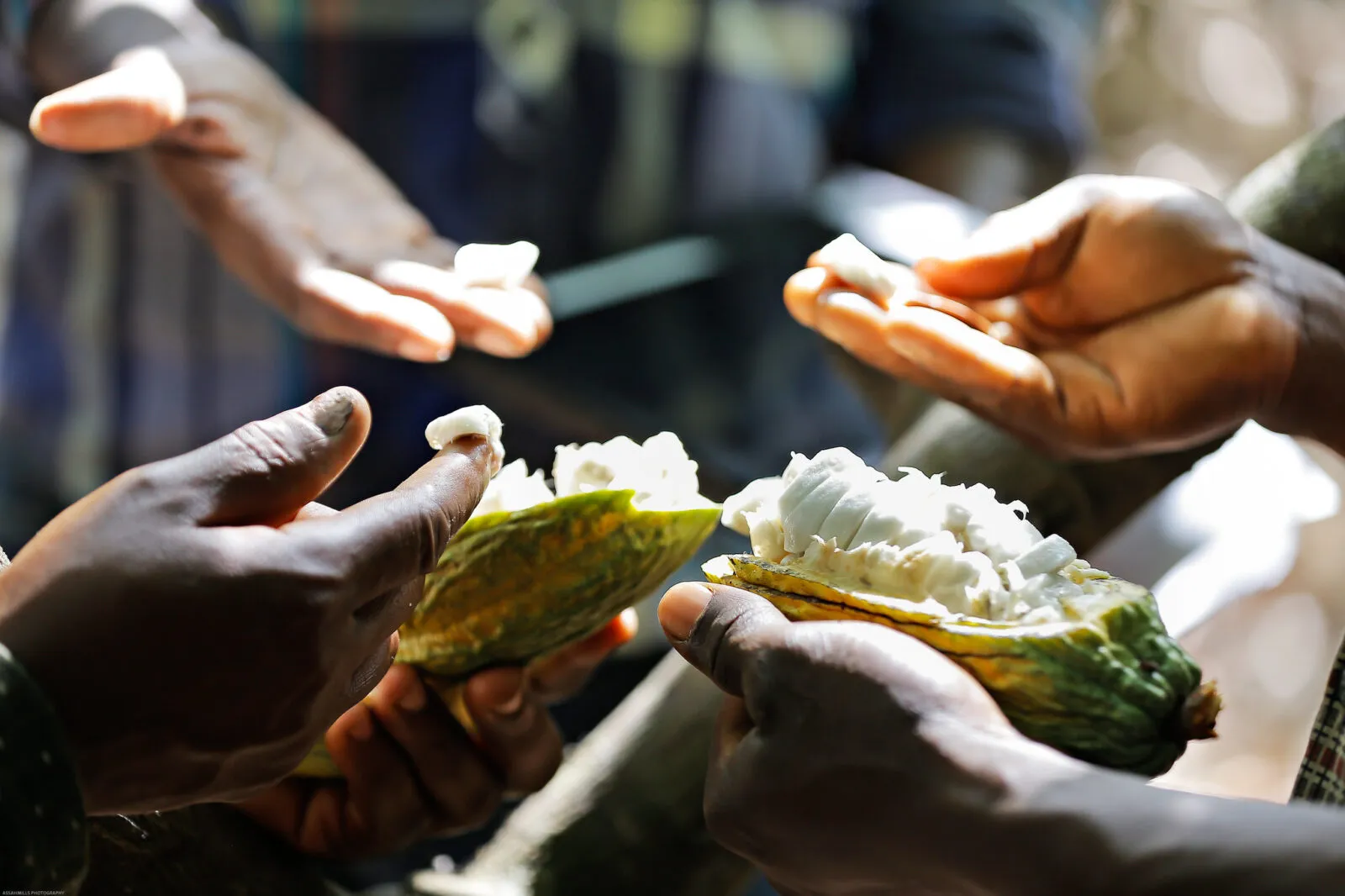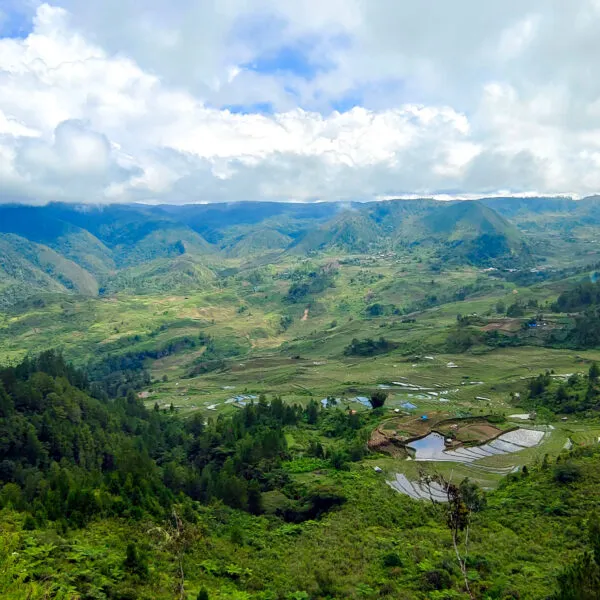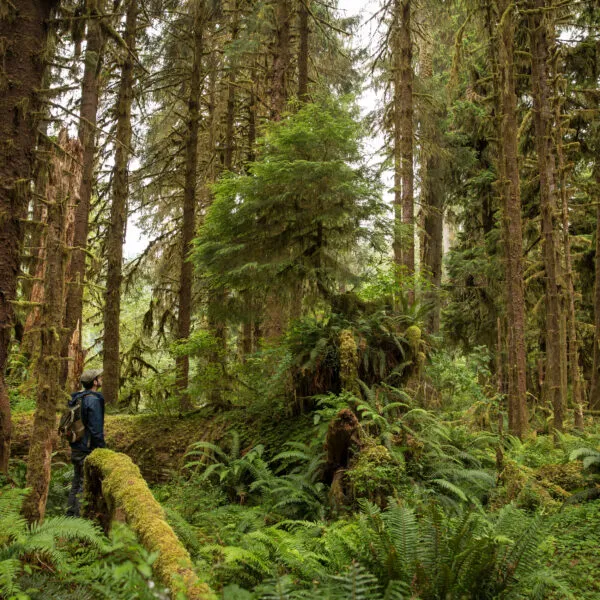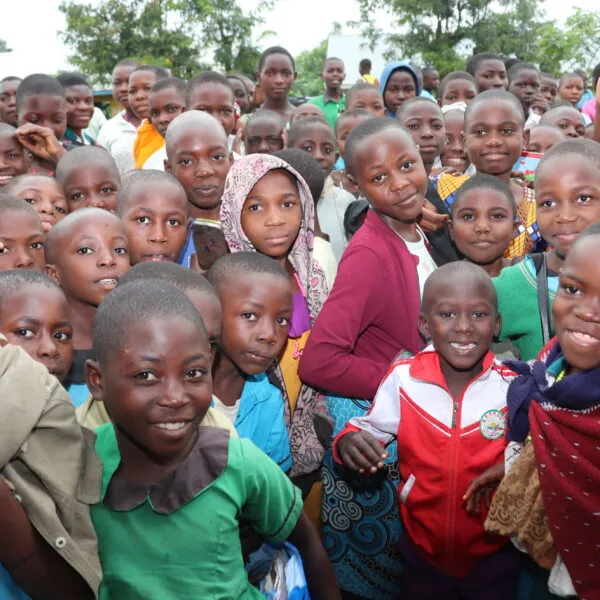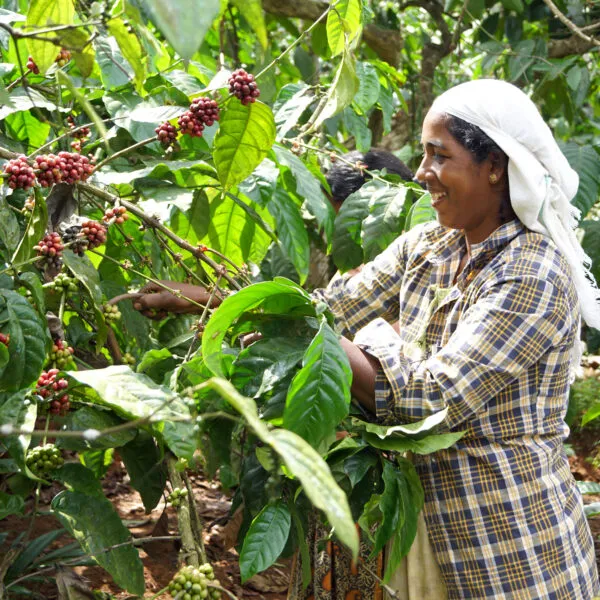It’s hardly a secret that cocoa farming in Ghana is “bedeviled by child labor,” as the Rainforest Alliance’s Joyce Poku-Marboah put it. But what a lot of people don’t know is how closely connected cocoa is to gold mining here in Ghana—and that if you want to protect children in one community, you have to do so in both. “Otherwise,” Poku-Marboah said, “you get people moving from one [sector] to the other.”
That’s why the Rainforest Alliance, in partnership with the International Cocoa Initiative and Solidaridad West Africa, planned and executed an ambitious project involving 120 cocoa cooperatives, farmer groups, and gold associations (covering more than 300,000 members) and benefiting 12,500 vulnerable children, youth, and workers throughout Ghana. This wide-ranging initiative tackled the problem from various angles, from income-boosting activities for cocoa families to trainings for law enforcement and social protections agencies. We also developed human rights tools to help cooperatives and associations spot, remediate, and prevent child and forced labor.
What’s behind child labor in Ghana’s cocoa and gold communities? An expert explains
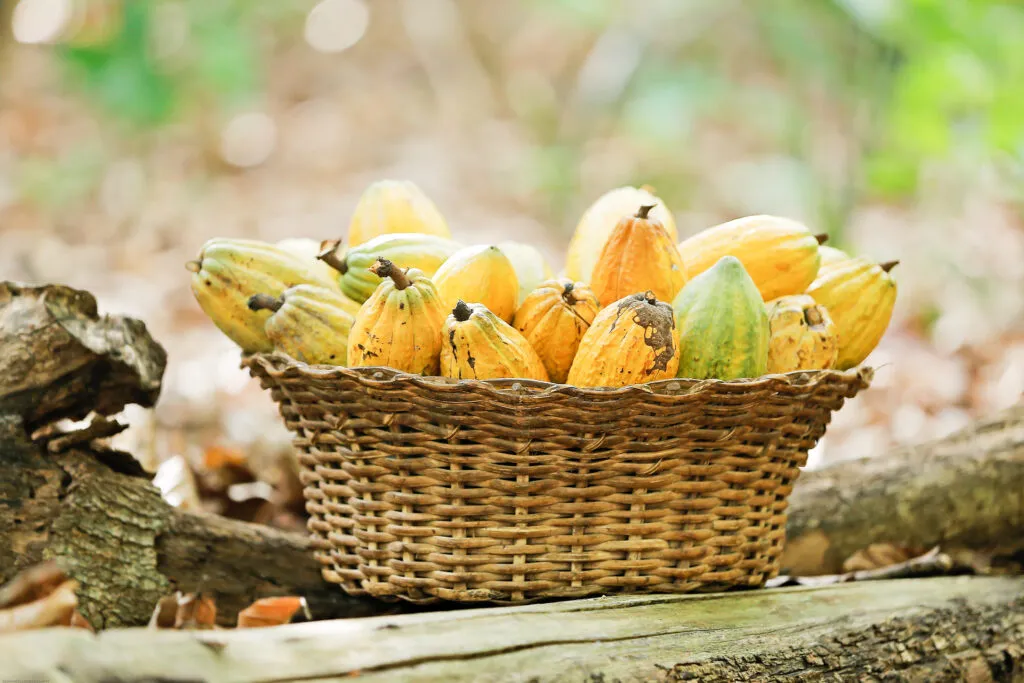
While gold and cocoa are Ghana’s top two exports, they generate startlingly little money for the people at the bottom of the supply chain. Cocoa farmers, especially, struggle just to feed their families—and while many factors contribute to the problem of child labor, none is more powerful than this staggering poverty.
“In Ghana, cocoa farmers have small plots, maybe one or two acres. With such small farms, coupled with the fact they don’t use mechanized tools—it’s hard, manual labor—they can’t produce enough to support their households,” Poku-Marboah, a child labor and forced labor expert who ran the project for the Rainforest Alliance, explained. “If you don’t have enough to eat, you certainly don’t have enough to pay an adult worker to weed or prune.
“At the end of the day,” she said, “you’re going to be tempted to use your children.”
Consider, too, that a child can often walk down the road to a gold-mining site to do errands for miners or pan for gold in a river, earning more money in a week than the family earns in a month. Even parents who desperately want their children in school and safe from the health risks of hard labor face an impossible choice: “It’s eating today versus a better tomorrow,” Poku-Marboah said.
For this reason, an important part of the Rainforest Alliance’s work here was to help parents create side businesses to improve their incomes. “You can give a child a backpack and school supplies and sneakers, but if the parents don’t start making more money that child will be back to work in a month,” Poku-Marboah said. Collaborating with partners, we provided both skills training and “starter packs” for various businesses: Those launching rabbit-rearing businesses received cages, for example, and groups launching a bread-baking business received ovens, along with ingredients. More than 10,000 households benefited from these efforts.
The project also launched 136 Village Savings & Loans programs, self-selected groups of no more than 30 people who pay into a startup fund, contributing a small amount each week. After three months, a member can borrow up to three times their initial investment—and pay nominal interest, as opposed to exorbitant rates they’d pay anywhere else. It’s a way for members to pay school fees or for farm supplies or even fund new businesses, and the interest they pay comes back to them in the form of a larger pool of money for the group.
For Poku-Marboah, an important aspect of the work was helping communities understand their value in the cocoa industry. She told of a community whose only water source—a bore hole originally drilled by a cocoa company—had dried up. That meant women and children would have to walk long distances each morning to fetch water, making it more likely that these youngsters would miss school. “After the trainings, the community understood that the bore hole was not a benevolence—that the company had a responsibility to repair it.” Community leaders then summoned the company to fix the bore hole.
“Companies have to sit up”
As successful as this initiative was, Poku-Marboah said, more is needed. “We need collaboration on all fronts if we want to eradicate child labor: law enforcement, social policies, business,” she said. “Companies have to sit up! They need to implement a system and a culture of respect. If cocoa prices go up, farmers should get their fair share—otherwise, the work of producing cocoa is going to continue to fall on children.”
Supplementing cocoa incomes with side businesses is important, she said, “but we don’t want farmers to stop doing cocoa. We want to continue enjoying our chocolate—but we also want farmers and their families to thrive.”
